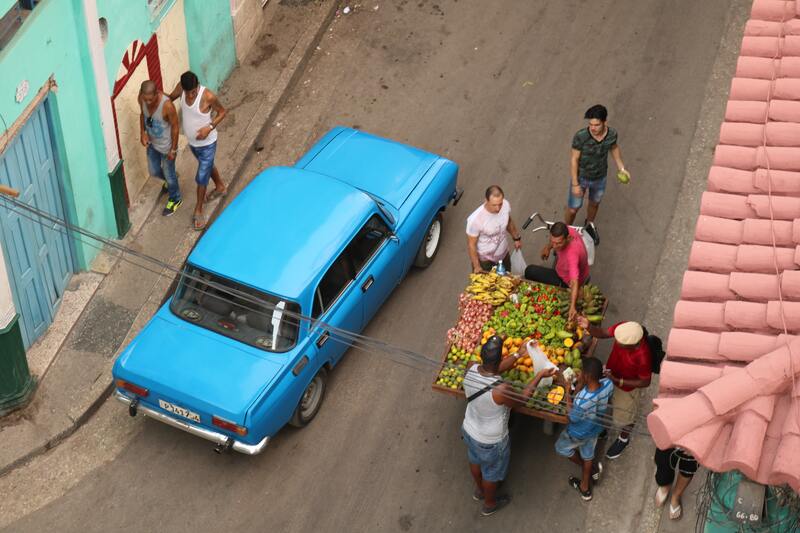
Food and cash shortages push Cubans toward permissionless cryptocurrencies. The country’s dealings with the coronavirus outbreak caused considerable suffering to the island and Venezuela has recently stopped providing assistance to the region. When it comes to financial help, the Venezuelan Government used to be a lifeline for Cubans.
Venezuela ‘s lack of assistance invoked the Communist Party to tell all Cuban residents to grow as much food as they can to survive. “Cuba can and must develop its program of municipal self-sustainability definitively and with urgency, in the face of the obsessive and tightened U.S. blockade and the food crisis COVID-19 will leave,” José Ramón Machado Ventura, deputy leader of the Cuban Communist Party, recently told the media.
In order to curb the economic turmoil, a number of Cubans are resorting to bitcoin (BTC) and other cryptocurrencies. For instance, there are traders on the platform Localbitcoins stemming from Havana and Holguín.
Additionally, a trader from San José de las Lajas sells bitcoin cash (BCH) with “no limits” for Western Union payments on the peer-to-peer exchange Local.Bitcoin.com.
In September 2019, Reuters reported on Cuban residents “skirting U.S. sanctions by flocking to cryptocurrency, in order to shop online and send funds.”
On April 23, 2020, Italian-Cuban entrepreneur, Mario Mazzola launched the country’s first peer-to-peer Bitcoin (BTC) exchange qbita.org. Mazzola has detailed that Cubans find the platform Localbitcoin’s Know Your Customer (KYC) rules too strict. He discussed the qbita launch with Decrypt.co columnist Jose Antonio Lanz last April explaining “I think that in the future we’re going to see fewer people coming to crypto just to make some easy money. We’re going to see more people using Bitcoin for its true purpose: the freedom to move money and to have total control of your funds.”
[image: Joris Visser]

